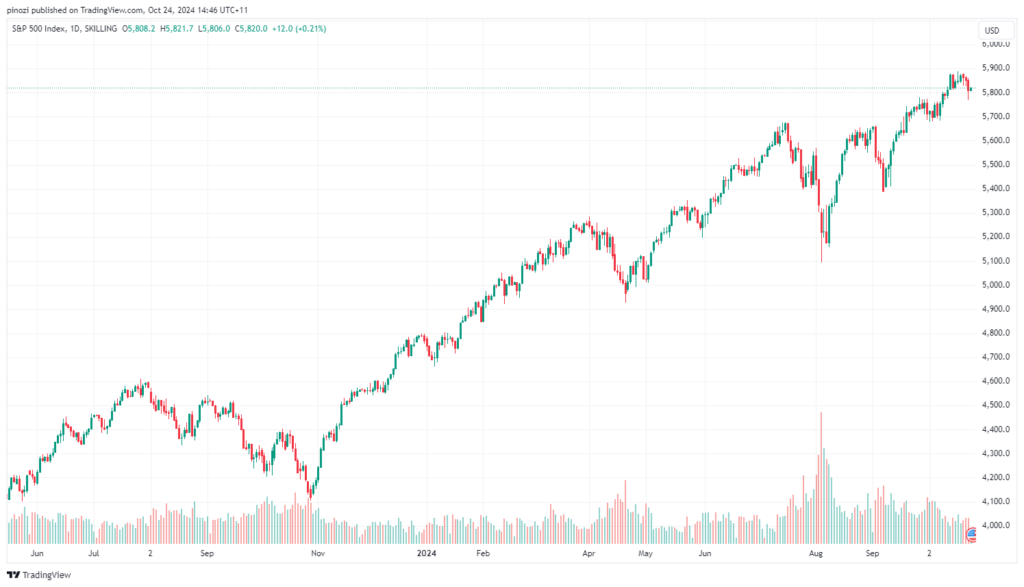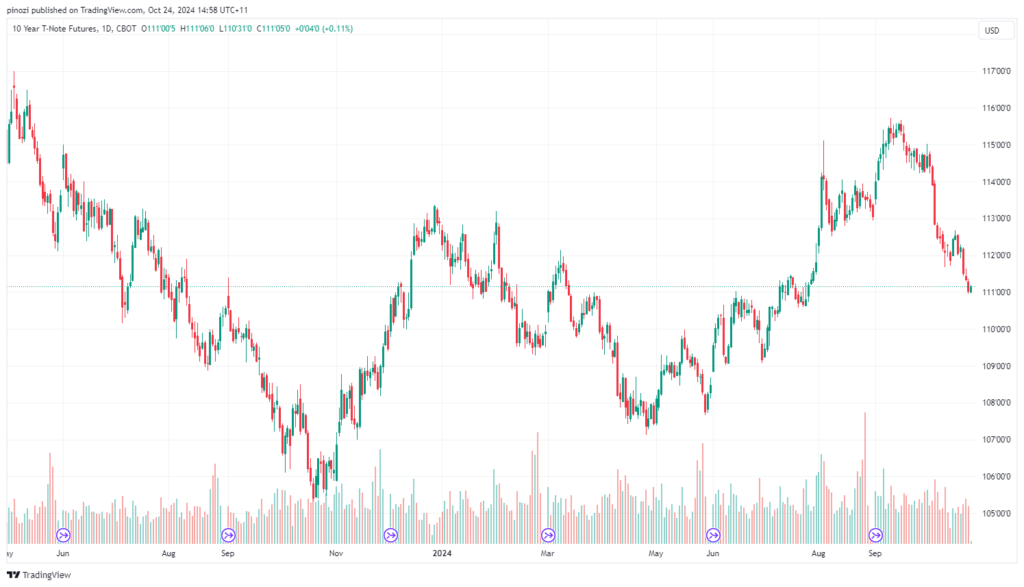Alexej interviews Hugh Hendry : Recorded 19th September 2024
Date: 24/10/2024
*** GENERAL AVICE ONLY***
In this epic (but long) interview Hugh outlines his thesis on a deflationary collapse
- Japan exported capital all over the world. Surprising fact is that their second largest holding of Bonds after USA is France!
- China used this capital to build ghost cities
- China’s property market has collapsed. While the property values have gone to zero the debt remains
- Hugh thinks the recent carry trade unwind is partly due to Japan taking hits on their China exposure
- China had a strategy to undervalue the RMB to boost exports
- This was a HUGE success which led to large USD inflows
- These inflows were invested into US assets – which led to a cycle of trade success for China and asset inflation in USA
- Add in QE after every bust and this has led to bubbles in everything. One of the largest was China property
- China property busts and to keep masses happy. CCP doubles down on more exports
- World is now pushing back on Chinese exports – which may lead to much less GDP growth in China
- This means the liquidity tap of China funding USA largess may start to reverse! = DEFLATIONARY BUST
Interview Summary Points:
- **Global Deflationary Pressures**: Hendry suggests that much of the world outside the United States is experiencing deflationary pressures. He highlights China and Japan as significant examples, with Chinese stocks having peaked in 2007 and Japanese stocks in 1989.
- **China’s Economic Challenges**: Hendry points to China’s economic issues, particularly in the property market, as a significant factor. He notes that China’s property market once valued at $60 trillion is now facing severe devaluation, which could lead to financial distress globally. He argues that China’s economic growth has been heavily reliant on exports, and with increasing pushback from global trade partners, this model is under threat.
- **Japanese Financial System Vulnerabilities**: The Japanese banking system is highlighted as being particularly vulnerable due to its long-standing engagement in quantitative easing (QE) and exposure to foreign markets like China. Hendry suggests that Japanese banks may have overextended themselves by borrowing short-term and lending long-term, particularly in dollars, which exposes them to currency risk.
- **US Yield Curve and Banking Sector**: Hendry discusses the inversion of the US yield curve, which has been prolonged and historically precedes economic recessions. He argues that the current inversion could lead to significant deflationary pressures, impacting the profitability of banks and potentially leading to a broader financial crisis.
- **Potential for Deflationary Shock**: Hendry warns of an impending deflationary shock that could be triggered by these global economic dynamics. He suggests that the financial system’s complexity and interconnectedness mean that distress in one area can quickly spread, leading to a broader collapse.
Overall, Hendry’s argument centers on the idea that structural weaknesses in major economies like China and Japan, coupled with specific financial dynamics such as the US yield curve inversion, could lead to a significant deflationary event with global repercussions.
TLDR
Hugh is basically saying the everything bubble has been in part due to China keeping the liquidity flowing via keeping the RMB weak. If China fails then watch out
Note: This theory will play out over a long period of time, years rather than weeks or months.
Also this interview was done before China stimulated and caused a 30% rally in their indices

One of the most overvalued markets – the S&P500

If Hugh is correct about deflation then easiest trade is Buy Bonds. Specifically he wants to be long the bonds with the lowest tenor, that will shift as the bust continues. For the majority of traders its just easier to Buy the 10’s.
Disclaimer: The recommendation given is general advice only. It does not take into account your personal objectives, financial situation, or specific needs. This information should not be your sole resource when making such decisions. We strongly recommend you to seek the advice of financial, taxation, and legal professionals before finalising any investment decisions.
